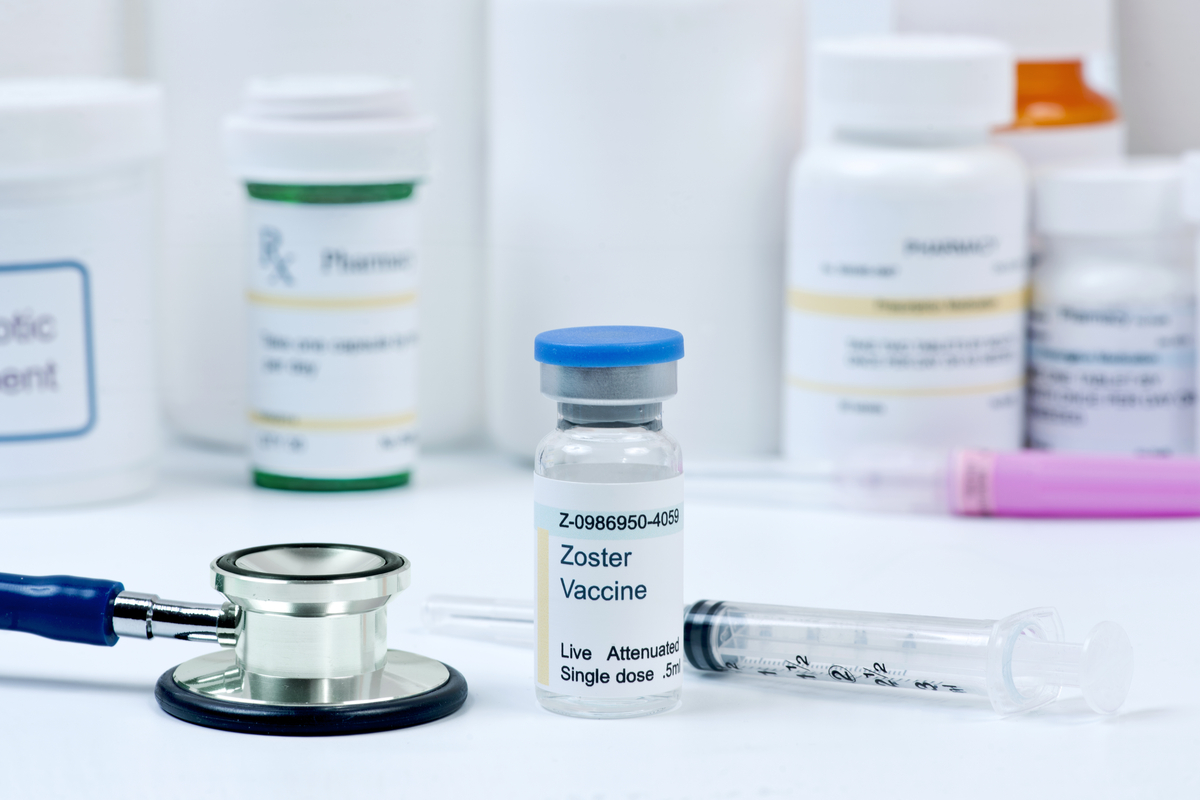
Importance Of Getting Vaccinated Against Shingles
Immunizations are not just needed by children. It is important to get yourself immunized to stay healthy as an adult. As per the Centre For Disease Control, protection from some childhood vaccinations does not last forever. Many people can be at risk for vaccine-preventable diseases due to lifestyle, health conditions, age, travel, etc. As a Los Angeles pharmacy, we share the importance of getting vaccinated against shingles disease.
Getting Vaccinated Against Shingles
The CDC maintains an adult immunization Schedule 2 that includes the recombinant zoster vaccine. This is a two-dose vaccination that is recommended for adults who are immunocompetent and are above the age of fifty years to protect against shingles infection. Hence, getting vaccinated against shingles is significant.
Adults can have the varicella-zoster virus (VZV) in their bodies from an earlier chickenpox infection. After the infection, the virus can lay dormant in their nervous system for many years. With the age-related decline in immunity of a person, the virus can reactivate as shingles. This means that shingles are a disease that is just waiting to happen.
Shingles illness can be very painful. Debilitating pain and itchy rashes are the hallmarks of the infection and these can emerge first. Once these subside, serious issues like postherpetic itch and postherpetic neuralgia can occur and these can persist for months or years. Also, shingles have been identified as a risk factor for stroke and heart attack for people without any history of heart problems.
The shingles virus can attack more than once. This is especially true in the case of people who are immunocompromised. Some of the other risk factors are high stress, age, immunosuppressive therapies, gender, and some diseases like diabetes, chronic obstructive pulmonary disease, and cancer.
Shingrix is the only shingles vaccine available in the US. The Shingrix vaccine makes use of the immune system of the body to prevent shingles. The vaccine has been approved by the FDA in 2017 and after that, there have not been many reports of the serious adverse effects of shingles disease. Some of the most common negative effects of the vaccination include fever, pain in muscles, nausea, and headache. The adverse effects will usually subside in forty-eight hours. The vaccine is administered in two doses that are two to six months apart and is covered by the Affordable Care Act, Medicare Part D, and many private health insurance plans.
Getting yourself vaccinated can not only ensure your protection, but also others. Therefore, make sure that you are vaccinated against the illness.